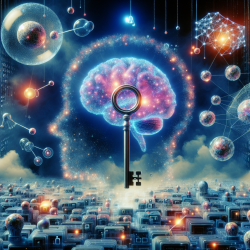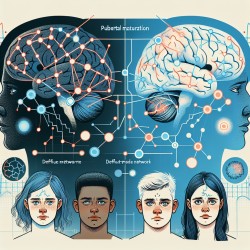The world of machine learning and cognitive information is ever-evolving, with new concepts emerging that challenge traditional paradigms. One such innovative concept is Learning Entropy (LE), a non-probabilistic measure that quantifies the learning effort of systems as a novelty detection tool. This blog post delves into how practitioners can harness the power of LE to enhance their skills and improve outcomes in online therapy services.
Understanding Learning Entropy
Learning Entropy is a novel concept that diverges from traditional probabilistic measures like Shannon's entropy. Instead of relying on model accuracy or probability computations, LE focuses on the learning efforts required by a system when exposed to new data. This approach allows for real-time novelty detection without necessitating precise model accuracy.
The key idea behind LE is that it evaluates unusually large learning efforts as indicators of novelty. This means that when a system encounters data that does not comply with its learned governing laws, it requires more effort to adapt, thus signaling the presence of new information.
Practical Applications for Practitioners
For practitioners in the field of online therapy and education, incorporating LE into your practice can offer several benefits:
- Enhanced Novelty Detection: LE provides a robust framework for detecting novel data points, allowing therapists to identify changes in student behavior or learning patterns more effectively.
- Cognitive Insights: By understanding the learning efforts required by systems, practitioners can gain deeper insights into cognitive processes and tailor interventions accordingly.
- Adaptive Learning Systems: Implementing LE can lead to more adaptive learning systems that respond dynamically to new information, enhancing the overall learning experience for students.
The Road Ahead: Encouraging Further Research
The introduction of LE opens up numerous avenues for further research and exploration. Practitioners are encouraged to delve deeper into this concept to uncover its full potential. By doing so, they can contribute to advancing the field of cognitive information and machine learning.
Learning Entropy as a Learning-Based Information Concept
This research paper provides foundational insights into LE and its applications. By exploring this work, practitioners can enhance their understanding and implementation of this groundbreaking concept.
Conclusion
The integration of Learning Entropy into online therapy services offers exciting possibilities for improving educational outcomes and understanding cognitive processes. As we continue to explore this innovative concept, practitioners have the opportunity to lead the way in adopting new methodologies that revolutionize how we approach learning and information processing.










